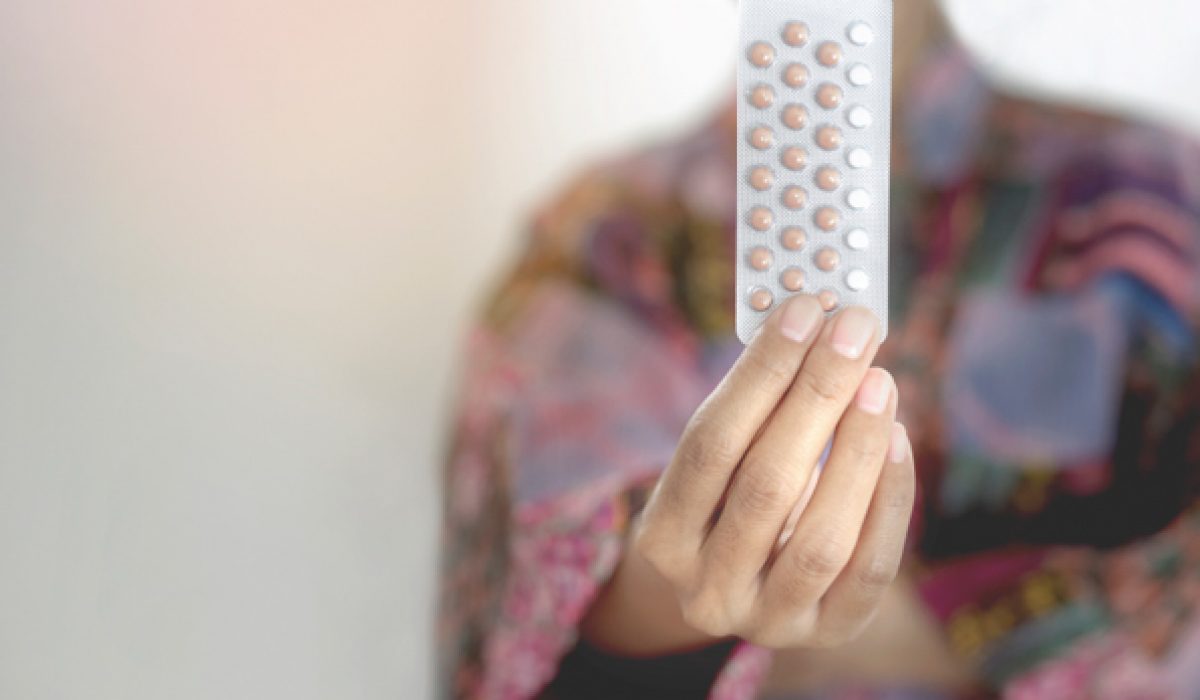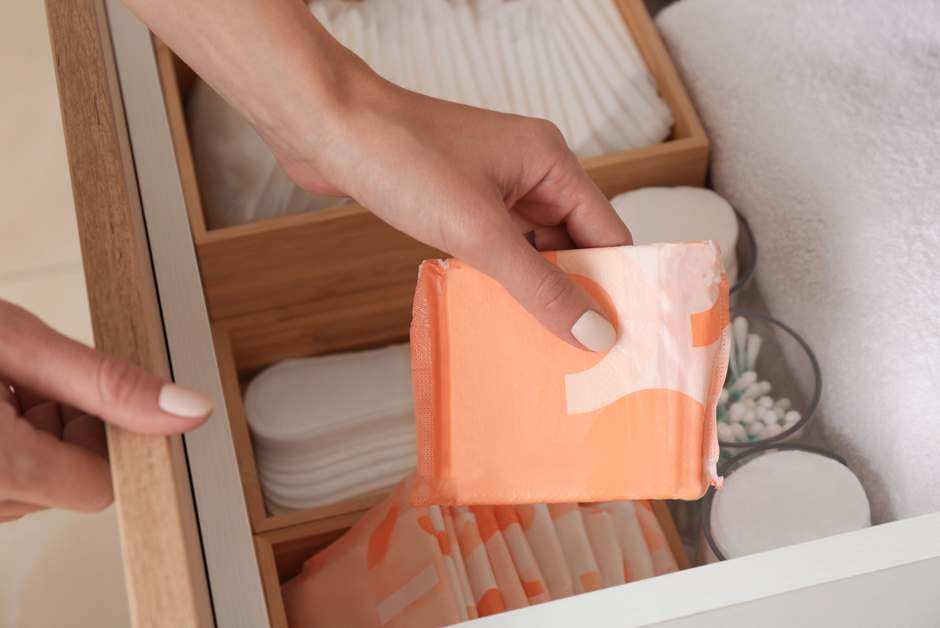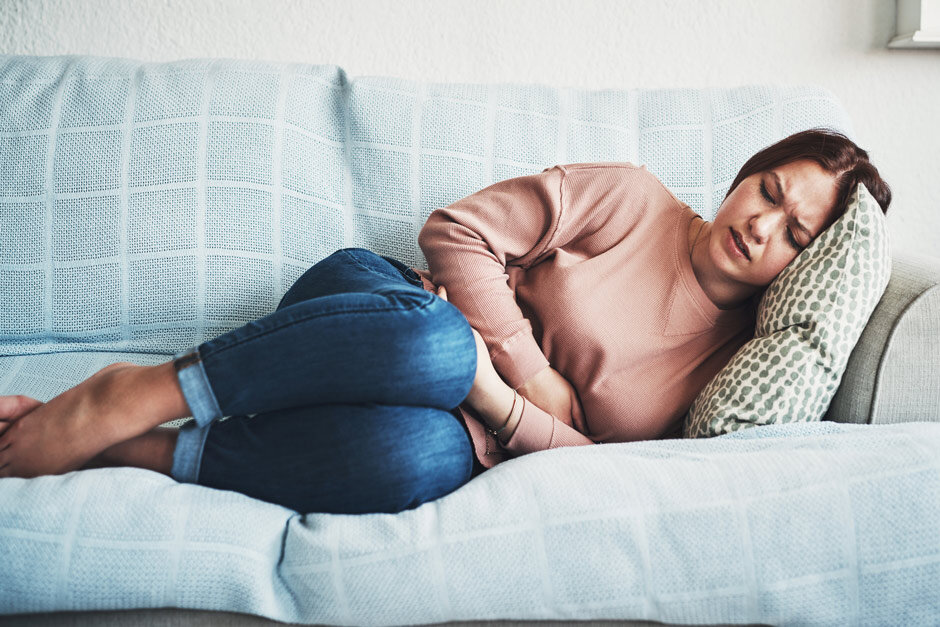The combination pill is the most common type of hormonal birth control pill. This works by increasing the amount of oestrogen and progesterone in your system, which prevents your body from releasing an egg. However, these hormones make a greater impact on your body than just preventing pregnancies. A change in your hormones can alter your mental, emotional and physical state. So, what happens when you stop taking the birth control pill?
You’re likely to experience some changes in your body when you start taking the combined pill, from an increase or decrease in acne, to tender breasts, to more or less painful periods. If you do experience these changes after switching to hormonal birth control, you’re likely to experience them when you decide to stop taking the pill, too. You may be surprised to discover what else happens when you stop taking the pill.
Dr Albert Aka, Consultant Gynaecologist at The Gynae Centre, explains: “You instantly get pregnant after you stop taking your birth control. There are several other symptoms that you may experience while you wait for the extra oestrogen and progesterone to leave your body. These symptoms usually stop after a few months, but some women may not experience them at all. It’s important to remember that everybody is different, and that genetics, lifestyle and underlying illnesses and disorders may also have an impact on life after the pill.”
With that in mind, let’s take a look at what could be experienced after a woman stops taking the birth control pill.
1. Irregular periods
This is a common experience of women who have stopped taking birth control and do not get pregnant straight away. Irregular periods can happen even if you had regular periods before you started taking the pill. Your period may take a few months to get back to a normal cycle; they may also stop altogether for a while. If you don’t have a period for 90 days, you have a period more than once every 21 days, or you have abnormal bleeding, you should make an appointment with your doctor.
2. More cramps
You may experience more pain during a period, and your bleeds may be heavier, especially if this was the case before you started taking the pill. You may also experience slight cramping outside of your bleeding time. However, if the cramping is very painful at any time, it’s advisable to make an appointment with your gynaecologist, as it could be that you have a condition such as endometriosis, polycystic ovary syndrome (PCOS) or fibroids.
3. Weight loss or gain
Oestrogen can cause fluid retention, and therefore weight gain. When you stop taking the pill, you might experience weight loss because you’re not retaining as much water. You could also find that your appetite changes, which can cause weight loss, as well as weight gain (although this is less common after discontinuing the use of birth control). If you do gain weight, try maintaining a healthy diet and exercise routine to help you get back to your former weight.
4. Mood swings
It is normal to experience mood swings during a certain point in your cycle. You may feel sad, anxious and/or angry, and this usually occurs one to two weeks before your period, ceasing once you start bleeding.
Taking the contraceptive pill can affect your mood during your cycle. This is because hormones play a huge part in the emotions that we feel. You may find that your premenstrual mood swings are alleviated while you’re on the pill. However, many women find that their mood swings actually worsen. When you stop taking the pill, you might go back to the regular mood cycle that you experienced before you started – your mood may improve, or your negative symptoms may continue. If the latter is the case, try reducing your stress, drinking less caffeine and communicating with those closest to you to help them understand why you might feel low.
5. Hair loss
Just like losing hair after giving birth, women can experience hair loss after discontinuing the use of birth control. This can be a particularly alarming symptom; however, it’s only likely to last a few months.
Try washing your hair less, avoiding hairstyles which pull on the hair, and staying away from harsh chemical treatments such as bleaching. Although these won’t cure your hair loss, they will help prevent you losing more hair than necessary.
6. Acne
Some doctors prescribe birth control pills to alleviate the appearance of acne, as the pill decreases the circulation of androgens in the body. Androgens cause the body to produce sebum, increase inflammation and flood hair follicles with bacteria, in turn producing acne.
Post-pill acne can last for months or even years, and can cause scarring (indented or raised areas of the skin) and/or dark marks on the skin. These symptoms may be relieved with a change in diet, or with topical or hormonal treatments. Like hair loss, post-pill acne should disappear with time.
7. Increased libido
Although there is little well-controlled research to support the theory that hormonal contraception decreases libido, there are some women who experience an increase in their sexual desire once they have stopped taking the pill. If you find that you have a lower libido, there could be an underlying physical or psychological issue.
We offer a discreet and confidential service in the heart of London, to assess your post-pill issues and create a treatment plant to help you improve your health and wellbeing.
To book an initial consultation with a consultant gynaecologist at The Gynae Centre in central London, simply book online, email us at ask@gynae-centre.co.uk or call our friendly admin team who will be happy to answer any queries you may have. Call now on 020 7580 8090.






